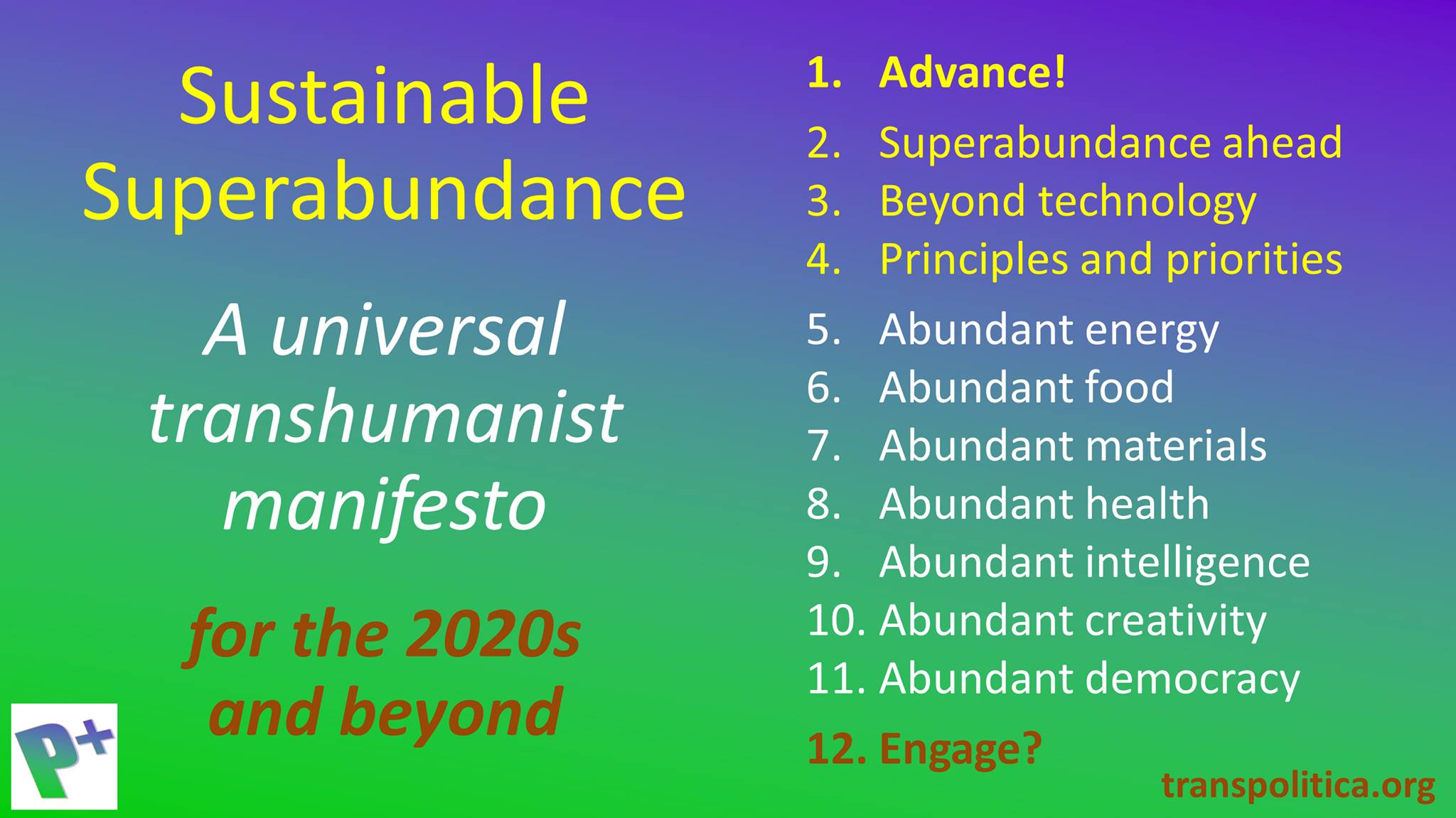Archive for the ‘health’ category: Page 338
Nov 22, 2018
Bioquark Inc. — Exciting Healthcare Startups — 2019 — Ira Pastor
Posted by Ira S. Pastor in categories: aging, bioengineering, biotech/medical, business, disruptive technology, DNA, finance, genetics, health, innovation
Nov 22, 2018
Bioquark Inc. — What is BioHacking? — Ira Pastor
Posted by Ira S. Pastor in categories: aging, bioengineering, cryonics, futurism, genetics, health, neuroscience, posthumanism, singularity, transhumanism
Nov 19, 2018
First-Ever All-Female Antarctic Expedition Busts Women’s Endurance Myth
Posted by Genevieve Klien in category: health
Women who trekked across Antarctica in the first-ever all-female expedition broke more than gender norms — they also busted the gender myth that, when it comes to extreme endurance exercise, women are weaker than men.
Sorry men, that’s not the case.
“Our findings contain some potentially myth-busting data on the impact of extreme physical activity on women,” lead study author Dr. Robert Gifford, of the University of Edinburgh’s Centre for Cardiovascular Science, said in a statement. “We have shown that with appropriate training and preparation, many of the previously reported negative health effects [of extreme exercise on women] can be avoided.”
Continue reading “First-Ever All-Female Antarctic Expedition Busts Women’s Endurance Myth” »
Nov 17, 2018
School with major chickenpox outbreak has high vaccination exemption rate
Posted by Genevieve Klien in categories: biotech/medical, education, health
ASHEVILLE, North Carolina — A chickenpox outbreak at a private school now ranks as North Carolina’s largest since a vaccine for the virus became available more than 20 years ago, health officials say.
As of Friday, 36 students at Asheville Waldorf School had contracted the varicella virus, known to most as chickenpox. The school has one of the highest vaccination religious exemption rates in the state.
The viral infection manifests in an itchy rash in most cases and is not typically life-threatening. But the outbreak at Asheville Waldorf should cause concern, said Dr. Jennifer Mullendore of Buncombe County Department of Health and Human Services.
Continue reading “School with major chickenpox outbreak has high vaccination exemption rate” »
Nov 17, 2018
I’ve recently finished drafting two more chapters of my forthcoming book “Sustainable Superabundance” — the chapters on “Abundant Health” and “Abundant Intelligence”
Posted by Mark Larkento in categories: health, sustainability
At this rate of progress, the book could be published by year end. Feedback welcome! https://transpolitica.org/projects/abundance-manifesto/
Nov 16, 2018
Next-generation composites may monitor their own structural health
Posted by Genevieve Klien in categories: health, transportation
Carbon fiber composites—lightweight and strong—are great structural materials for automobiles, aircraft and other transportation vehicles. They consist of a polymer matrix, such as epoxy, into which reinforcing carbon fibers have been embedded. Because of differences in the mechanical properties of these two materials, the fibers can detach from the matrix under excessive stresses or fatigue. That means damage in carbon fiber composite structures can remain hidden below the surface, undetectable by visual inspection, potentially leading to catastrophic failure.
Nov 16, 2018
Startup Offers To Sequence Your Genome Free Of Charge, Then Let You Profit From It
Posted by Genevieve Klien in categories: biotech/medical, health
Nebula Genomics Aims To Speed Research And Lower Cost Of Genome Sequencing : Shots — Health News A full genome sequence costs about $1,000. But Nebula Genomics expects that companies and researchers would defray the cost in exchange for key medical information about the person involved.
Nov 15, 2018
Smartphones, tablets causing mental health issues in kids as young as two
Posted by Nicholi Avery in categories: health, mobile phones, neuroscience
Open a book kids!
Smartphones and tablets are causing issues for kids as young as two years old.
Nov 15, 2018
Flaws in industry-funded pesticide evaluation
Posted by Xavier Rosseel in categories: food, health, neuroscience
The company-funded animal test was performed to ascertain how neural development is affected by the pesticide chlorpyrifos, which is used on a wide variety of crops around the world, including some 20 EU countries. The test laboratory concluded that there was no such effect, even at high doses.
Academic researchers have examined raw data from a company-funded safety evaluation of the pesticide chlorpyrifos. They discovered an effect on the brain architecture of the exposed laboratory animals at all tested doses, which was not included in the reported conclusions. Karolinska Institutet in Sweden led this independent study, which is published in the scientific journal Environmental Health.
All pesticides must be evaluated in terms of their safety and potential risks for human health before they can officially be approved. Normally the companies that manufacture the products cover the cost of such evaluations and commission test laboratories to perform the necessary animal tests.
Continue reading “Flaws in industry-funded pesticide evaluation” »
















